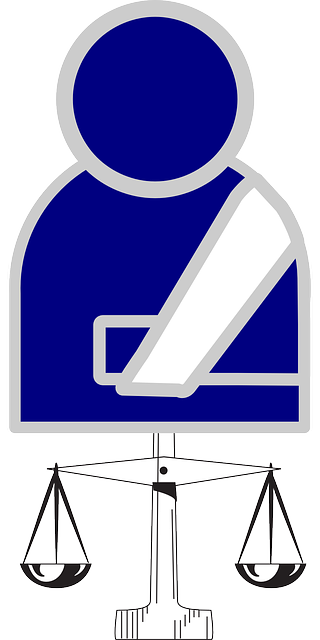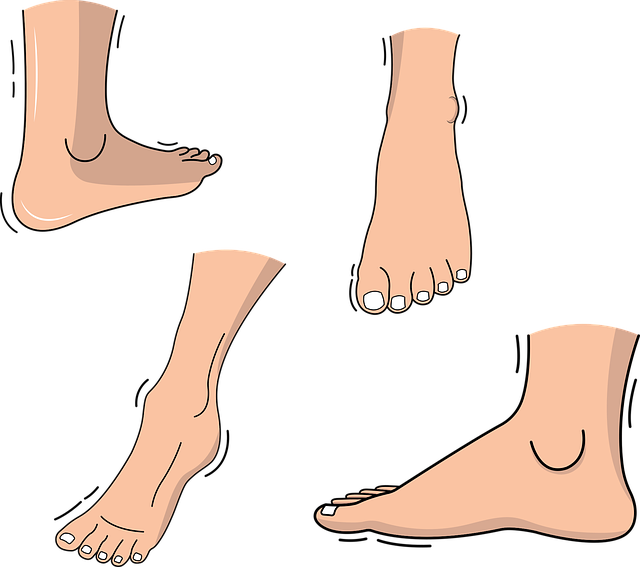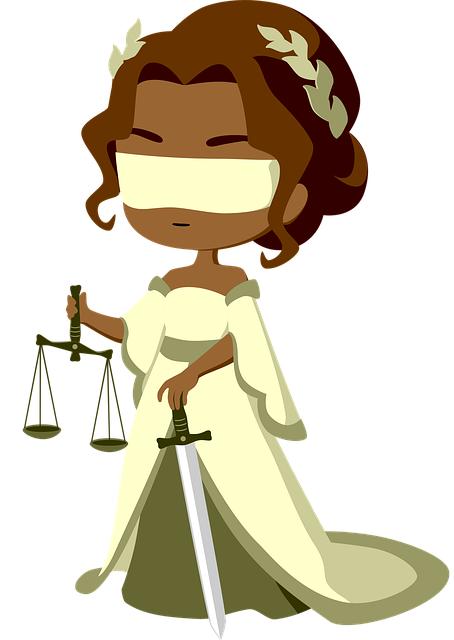A wrongful death lawyer is a crucial support system for families dealing with the loss of a loved one due to another's negligence, offering guidance through personal injury claims. They negotiate for fair compensation, addressing emotional trauma and financial losses, and ensure a recovery reflecting the case's severity. In trials, these lawyers advocate aggressively, using evidence and legal expertise to prove negligence, interpret complex details, and fight for substantial verdicts in cases like medical negligence or insurance disagreements. Their strategic approach, whether pursuing a settlement or trial, determines the best outcome for their clients facing immediate financial burdens or long-term accountability.
In the legal landscape, a wrongful death lawyer’s role is pivotal, shaping outcomes between settlements and trials. This article delves into the strategic nuances of their involvement. We explore how a wrongful death lawyer navigates sensitive cases, leveraging settlements for swift justice or prepares complex trial arguments. By comparing approaches, we uncover the art behind decisions that can bring closure or prolong legal battles. Understanding these dynamics is essential for both legal professionals and individuals seeking redress.
- The Role of a Wrongful Death Lawyer in Settlements
- Strategies and Responsibilities in Trial Decisions
- Comparing Approaches: Settlements vs. Trials
The Role of a Wrongful Death Lawyer in Settlements

When a family faces the loss of a loved one due to someone else’s negligence or wrongful act, they turn to a wrongful death lawyer for guidance and representation. These legal professionals play a pivotal role in helping clients navigate the complex landscape of personal injury claims. A wrongful death lawyer’s primary objective is to secure justice and compensation for the bereaved family. They understand the profound emotional impact such tragedies have and strive to ensure their clients receive a fair and just settlement.
Through skilled negotiation, a wrongful death lawyer advocates for their client’s best interests, pushing for a settlement that reflects the severity of the case. This is particularly crucial in cases involving serious injuries or commercial disputes where financial losses can be substantial. By leveraging their expertise and knowledge of the law, they work towards achieving a client recovery that accounts for medical expenses, pain and suffering, and loss of companionship—aspects integral to any wrongful death claim.
Strategies and Responsibilities in Trial Decisions

In trial decisions, lawyers play a pivotal role in advocating for their clients’ rights and interests. They employ various strategies to present compelling cases, often involving complex legal arguments and evidence. Wrongful death lawyers, for instance, must demonstrate negligence and its direct cause of harm through expert testimony, medical records, and witness statements. This process requires meticulous preparation, thorough understanding of the law, and effective communication skills to persuade the judge or jury in favor of their client.
The responsibilities of a lawyer during trial extend beyond presentation. They must also navigate the dynamics of the courtroom, anticipate opposing counsel’s moves, and make strategic decisions regarding witness selection, cross-examination techniques, and legal precedents to support their arguments. In cases of medical negligence or commercial disputes, for example, lawyers need to uncover intricate details, interpret technical information, and advocate passionately for injury compensation that reflects the severity of the situation.
Comparing Approaches: Settlements vs. Trials

When a dispute arises, whether it’s a personal injury claim or a complex insurance dispute, the choices between settlement and trial are pivotal. A wrongful death lawyer, for instance, faces a critical decision: to pursue a negotiated agreement or to fight for justice in court. Settlements offer a swift resolution, often with guaranteed financial compensation, which can be beneficial for all parties involved, especially when the opponent is an insurance company looking to minimize payouts. However, trials provide the opportunity for a complete presentation of evidence and arguments, potentially leading to substantial verdicts that may surpass initial settlement offers.
In the case of accident attorneys, the approach taken significantly impacts the outcome for clients. Accident settlements can provide immediate relief and stability, which is crucial for those dealing with medical bills and lost wages. Conversely, trials offer the chance to hold accountable parties responsible for their negligence, even if it means a longer wait for compensation. This comparison highlights the strategic nature of legal representation, where the wronged party’s best interest lies in the skill and judgment of their lawyer, whether advocating for a settlement or pursuing a trial outcome.
In navigating the complexities of wrongful death cases, the strategic decisions made by a skilled wrongful death lawyer play a pivotal role in outcomes. While settlements offer a quicker resolution and potential financial gains, trials provide an opportunity for justice and public accountability. Lawyers must weigh these approaches, considering the specific circumstances, client preferences, and the strengths of their case. Ultimately, the goal is to secure the best possible outcome, be it through a negotiated settlement or a successful trial verdict, ensuring that justice is served for the victims’ families.






